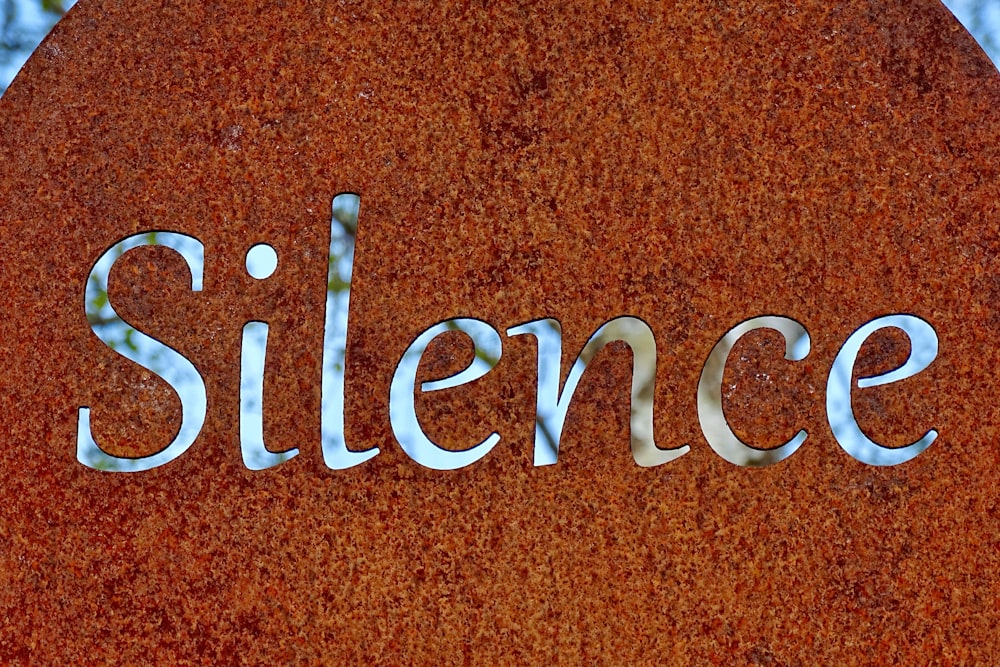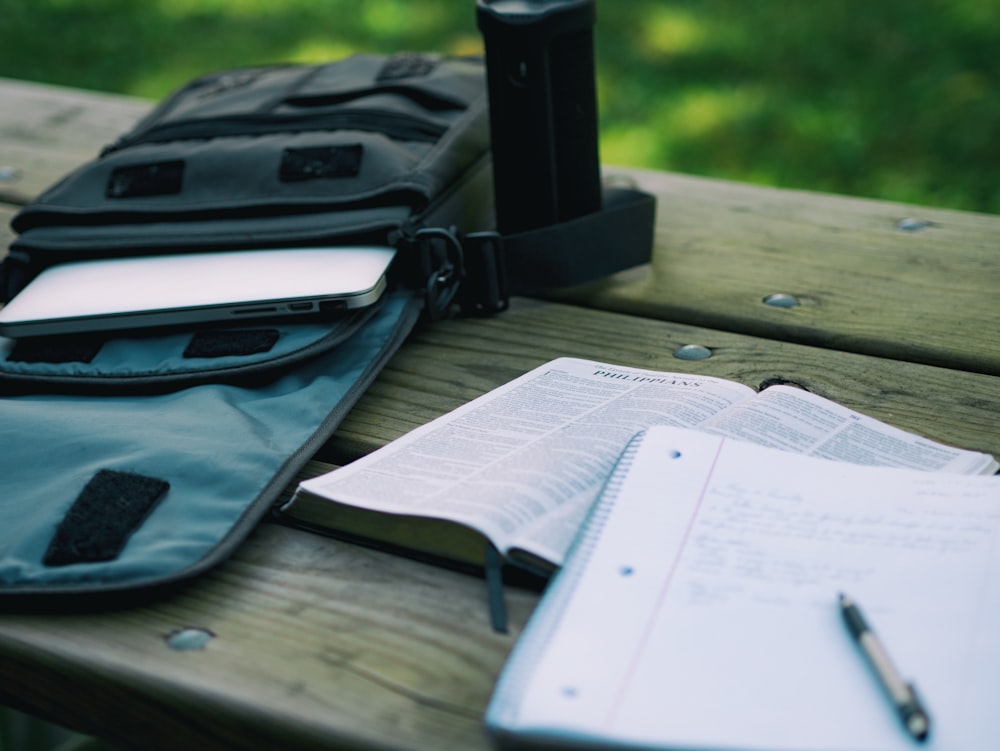A few days ago, this photo popped up in my memories on Facebook.
It’s a photo from two years ago at a small group leader training at Pantano Christian Church in Tucson. You see, this was right when the church I planted, Revolution, and Pantano merged. There was so much hope, so much expectation in this photo. This was right at the beginning of what I thought would be a movement of churches around the city of Tucson, all the campuses that would be started because of this one decision, all that God would do through it. This was the beginning of our next chapter in Tucson.
There is so much hope, dreaming and expectation wrapped up in this photo.
I didn’t know at the time, but now know, this photo was the beginning of the most challenging 18 months of ministry I have ever had. This was the beginning of some incredibly dark nights, long walks in the desert, a lot of shouting and frustration with God, and many hurts.
It was also the beginning of what would eventually lead to a massive change in my life.
I texted this photo to a mentor when it popped up, and he asked me, “If you could go back two years, what would you tell yourself?”
If God would’ve told me on that night, that night when I was so excited and full of hope, “Josh, what you don’t know is in 2 years you will be on the other coast. All the dreams you have in your heart won’t come true here. You are about to have the hardest 18 months of your life.” Would I go through with it?
I don’t know. I know I wouldn’t want to, that’s for sure. But looking back, I know I needed to walk this road.
First off, I’m glad God doesn’t do that. Even though I often wish he would tell me where things end up, I’m happy he takes us one step at a time.
Looking back, I’m amazed at what God brought us through.
Over the last two years, I learned things about myself that I needed to know. Katie and I grew closer together in our prayer life as we struggled through what God had for us next. I learned a lot about leadership, emotional health, trust, and the importance of character. I learned things about the church, the leadership gifts and passions I have, and the things I want to accomplish.
I learned a lot about what matters in life and what makes you happy at the end of the day.
I think dreams and goals still matter, but we need to be prepared for them to be dashed and not come true.
I learned that a lot could happen in two years. Two years ago, I didn’t know that we would leave Tucson, even though it was time. I didn’t know that we would walk away from the life we had there. I didn’t know that the team of people I worked with for years would disperse and start new things or move to places they dreamed of being. No matter how hard the moment is right now that you find yourself in, it will end, the day will end, the page will turn.
I learned that God sends people into our lives at the moment we need them. What you don’t see in this picture is that a few months before this, we met a couple, Todd and Karen, that God would use in powerful ways to help us through this season. I was beginning to get to know Todd at this point, but our relationship would deepen, and God would use him to speak truth to me, to challenge me, and they loved Katie and me (and our kids) so well over this last season.
Sitting there in this meeting, I wasn’t praying for any of those things. I wasn’t praying for God to take me deeper; I wasn’t praying for God to move us; I wasn’t praying for God to end relationships, seasons, or situations. I wasn’t praying for any of the things God was about to do. It doesn’t mean that he didn’t answer my prayers. He did, and is answering them, but he took me on a different path to get there.
Recently, someone here in Massachusetts commented, “I wished things would’ve gone faster in our search process.” While I understand that feeling when you are searching for a pastor and I appreciate that while searching for a job. The reality is, if things had gone faster in Massachusetts, we maybe wouldn’t have applied because we weren’t ready. I applied for the job in Massachusetts the week that I found out I wasn’t staying at Pantano. It struck me; God opens doors at the right moment. Right as we were trying to figure out what was next, I got a call from a search firm and he said, “Would you be interested in talking with a church in New England?”
The last learning, at least that I’m sharing now, God is with us in the hope-filled mountaintop and the low, dark valley. God was there that night of the group leader training, a night filled with enormous possibility, and he was there in the darkest moments of 2020 and 2021.
Back to my mentor’s question. What advice would I give myself? I’d tell myself, keep trusting God. No matter how dark it gets, keep walking, keep trusting. You need to go through everything you’re going through to get to where God wants you. And…don’t forget the lessons you learn in the next 2 years.










